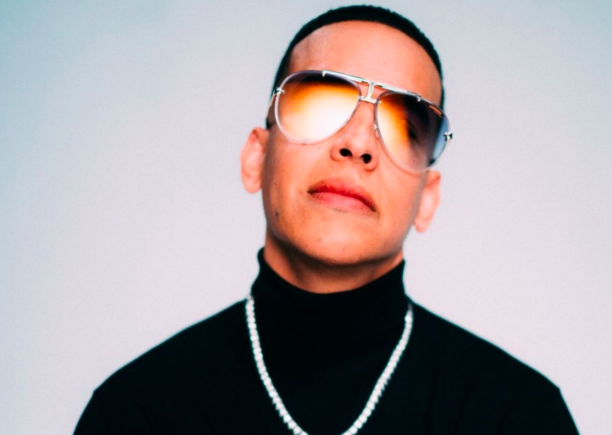Daddy Yankee is officially retiring from music.
The 45-year-old Puerto Rican rapper, singer and songwriter, known as the “King of Reggaetón,” will culminate his musical run with Legendaddy, his first new studio album in 10 years, and a world tour.
 Born Raymond Ayala, Daddy Yankee’s career exploded with 2004’s breakthrough hit “Gasolina,” launching a genre that altered the sound and business of Latin music and became a global phenomenon.
Born Raymond Ayala, Daddy Yankee’s career exploded with 2004’s breakthrough hit “Gasolina,” launching a genre that altered the sound and business of Latin music and became a global phenomenon.
Daddy Yankee had hinted at retirement and a last album and tour during an interview at Billboard’s Latin Music Week last year, but had yet to make an official announcement.
“Today, I’m announcing my retirement from music by giving you my best production and my best concert tour,” Daddy Yankee said in a statement in a press release issued on Sunday, March 20. “I will say goodbye celebrating these 32 years of experience with this new collector’s item, the album Legendaddy. I’m going to give you all the styles that have defined me, in one single album.”
Daddy Yankee’s Legendaddy will be released on May 24 at 8:00 pm ET.
His La Última Vuelta World Tour, a five-month trek, is set to kick off on August 10 in Portland, Oregon and run through December. Pre-sale tickets will go on sale on March 25, with a general public sale to follow on March 30. A full set of current tour dates is available on his official website.
Daddy Yankee has had six No. 1s on the Top Latin Albums chart, starting with 2004’s Barrio Fino, the first-ever reggaetón album to hit that spot. As of March 2022, he’s seen 76 entries on Latin Airplay and 86 on Hot Latin Songs, including the record-shattering “Despacito” alongside Luis Fonsi.
“I like to say I took the bullets,” he told Billboard in 2021 of bringing reggaetón to the mainstream music market. “I wanted people to understand my essence, where I come from, what I represent. But at the same time, I wanted to take my culture to the very top. I can’t tell you there was a formula. Reggaetón was initially only known on the East Coast. When I released Barrio Fino, the West Coast didn’t get it. I’d go to Los Angeles or Mexico and people knew Daddy Yankee, but they didn’t know what reggaetón was. I had to take the culture with me everywhere so it became permanent instead of fizzling out like other genres where artists simply promote themselves. When I did promotion, I talked about all the artists in my album: ‘This is me. But this album also features Zion & Lennox, Plan B, Ivy Queen.’ I had to play their music and say, ‘This is them. This is reggaetón.’”
